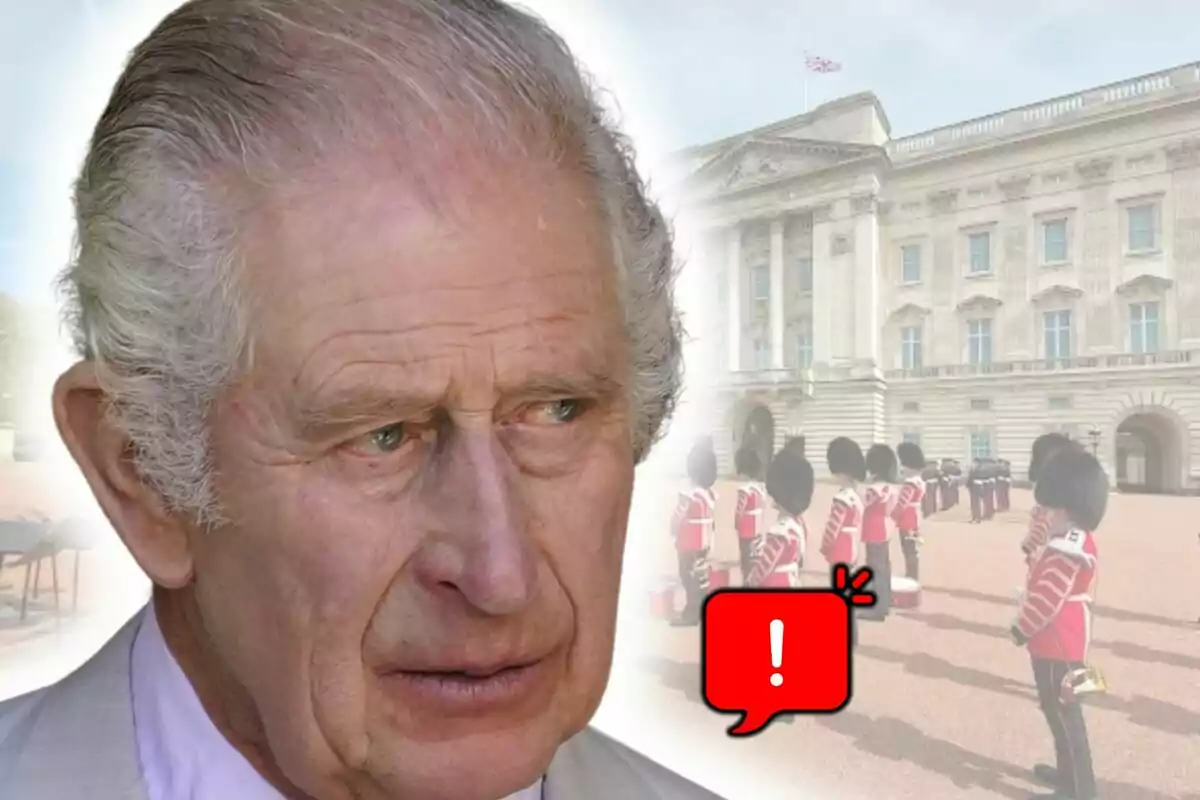The British Royal Household has published the financial report for the 2024-2025 fiscal year. The document details all expenses arising from the institution's operations, which exceed €100 million. This figure, which comes mostly from public funds, has once again reopened the debate about the cost of the monarchy.
The report is being released at a delicate time, marked by the health problems of King Charles III and the princess, Kate Middleton. Despite the context, the royal family's activity hasn't stopped. The official schedule has been carried out as usual, and both national and international commitments have been kept.
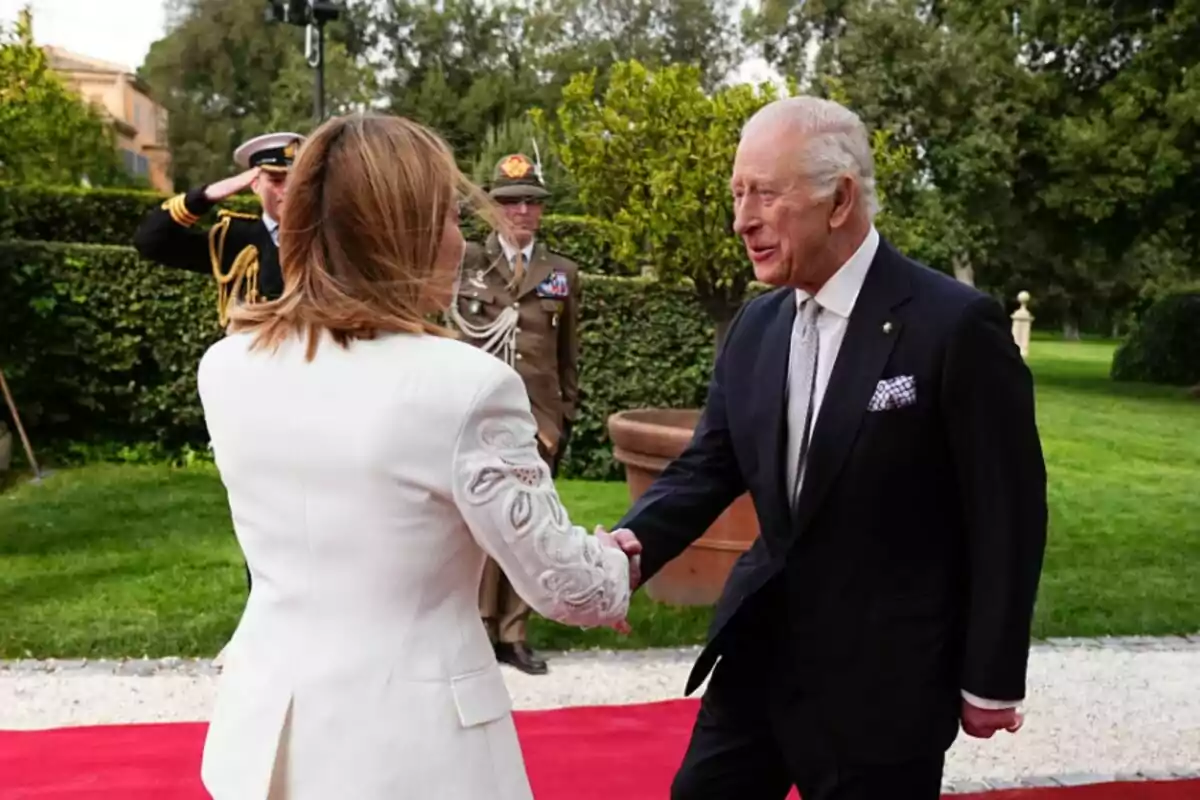
Throughout the year, it has become clear that the institution's operations require constant investment. The upkeep of the palaces, travel, and the staff involved represent a significant financial burden. The figures revealed confirm the high price of keeping the monarchy operational.
Official trips drive up expenses at Buckingham Palace
One of the sections that has drawn the most attention is official travel. The British royal family spent more than €5.4 million on travel during the fiscal year. This represents an increase of half a million compared to the previous year.
In total, 196 trips were made using helicopters and private planes, with a combined cost of more than €1.2 million. In addition, train travel amounted to €104,466 and commercial flights to €146,834. These figures show the significant financial impact of royal logistics.
International trips remain an essential part of royal protocol. They represent an important diplomatic channel for the United Kingdom and its connection with the Commonwealth. However, the cost of these missions continues to be a controversial issue.
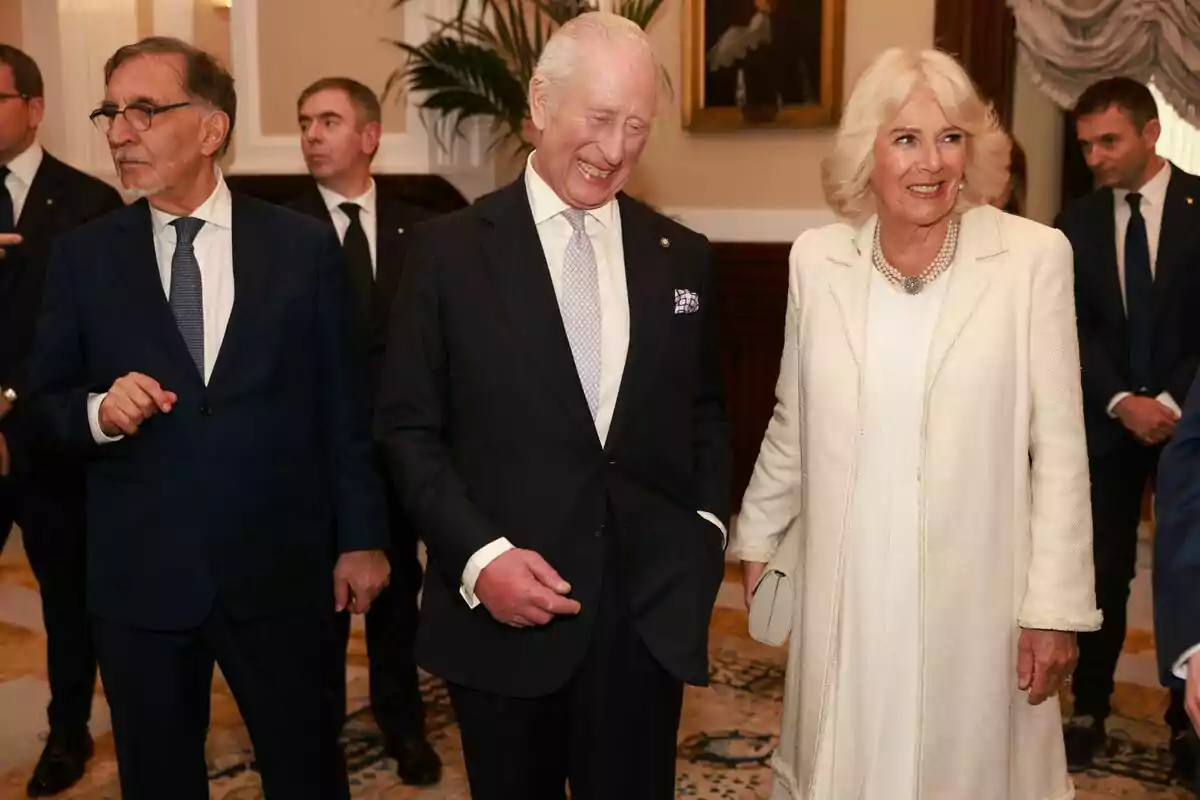
Charles III and Queen Camilla keep traveling despite the king's illness
A significant portion of travel expenses was allocated to Charles III and Camilla's tour of Australia and Samoa. Over eleven days, the monarchs visited several Commonwealth countries on their first major international trip as king and queen. The total cost was €466,742, which caused criticism in the British press.
The trip took place at an especially sensitive time, as the king was undergoing cancer treatment. Even so, he decided to temporarily interrupt his therapy to fulfill the international schedule. For some, it was a show of responsibility; for others, an unnecessary and costly gesture.
The criticism was swift, especially due to the public spending involved in this decision. The fact that the tour was kept amid a context of economic austerity was interpreted as a political miscalculation. The disconnect between the royal family and the concerns of the average citizen returned to the center of the debate.
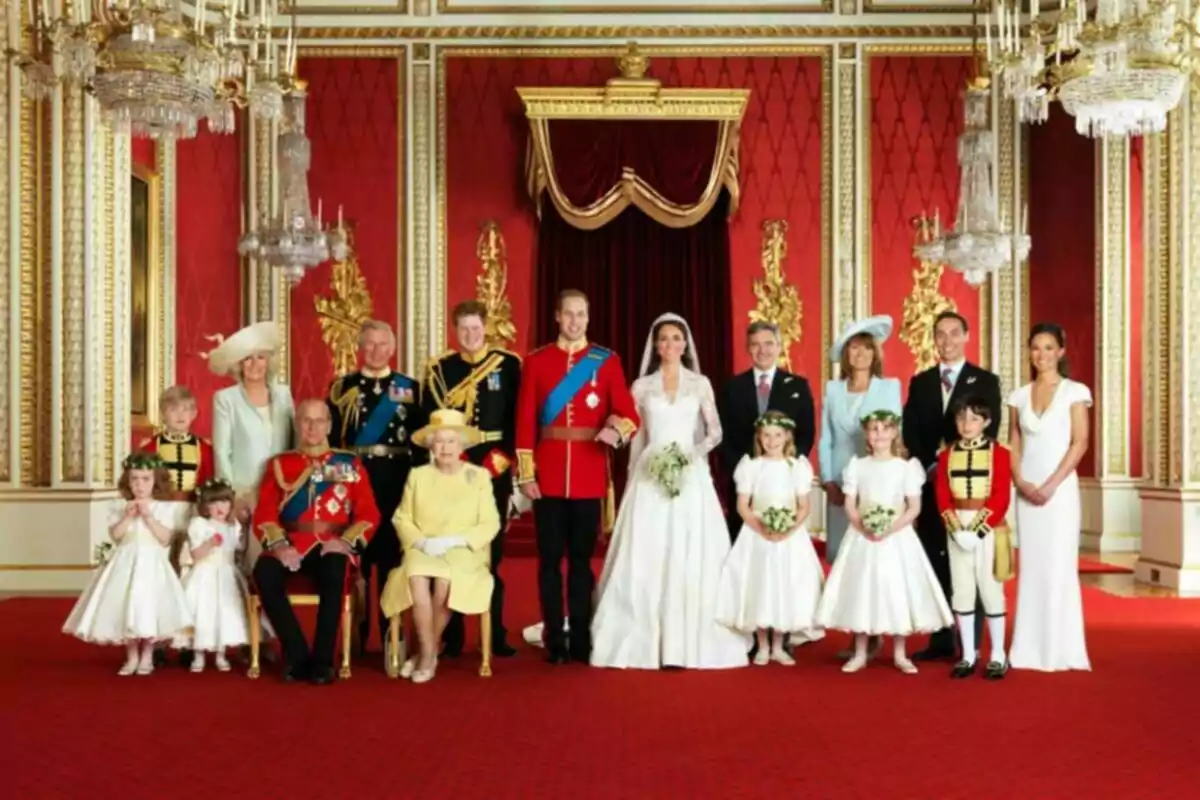
The monarchy's funding and its implications
The British monarchy is funded through the Sovereign Grant, a mechanism by which the king gives the profits from the Crown Estate to the State. In return, he receives a percentage of those revenues—currently 12%—to cover official expenses. This system seeks to keep the institution financially stable without relying exclusively on the Government's budget.
During the 2024-2025 period, the total cost to taxpayers was £86.3 million, that is, just over €100 million. Although the figure has remained stable in recent years, the British social and economic context has once again called it into question. Many citizens are wondering whether this model is still sustainable.
Despite keeping the figures stable, the Royal Household has proposed some measures to reduce costs. Among them is the withdrawal of the Royal Train, a symbolic decision that represents King Charles III's desire to modernize the institution. The historic train will no longer be used after completing some commemorative trips.
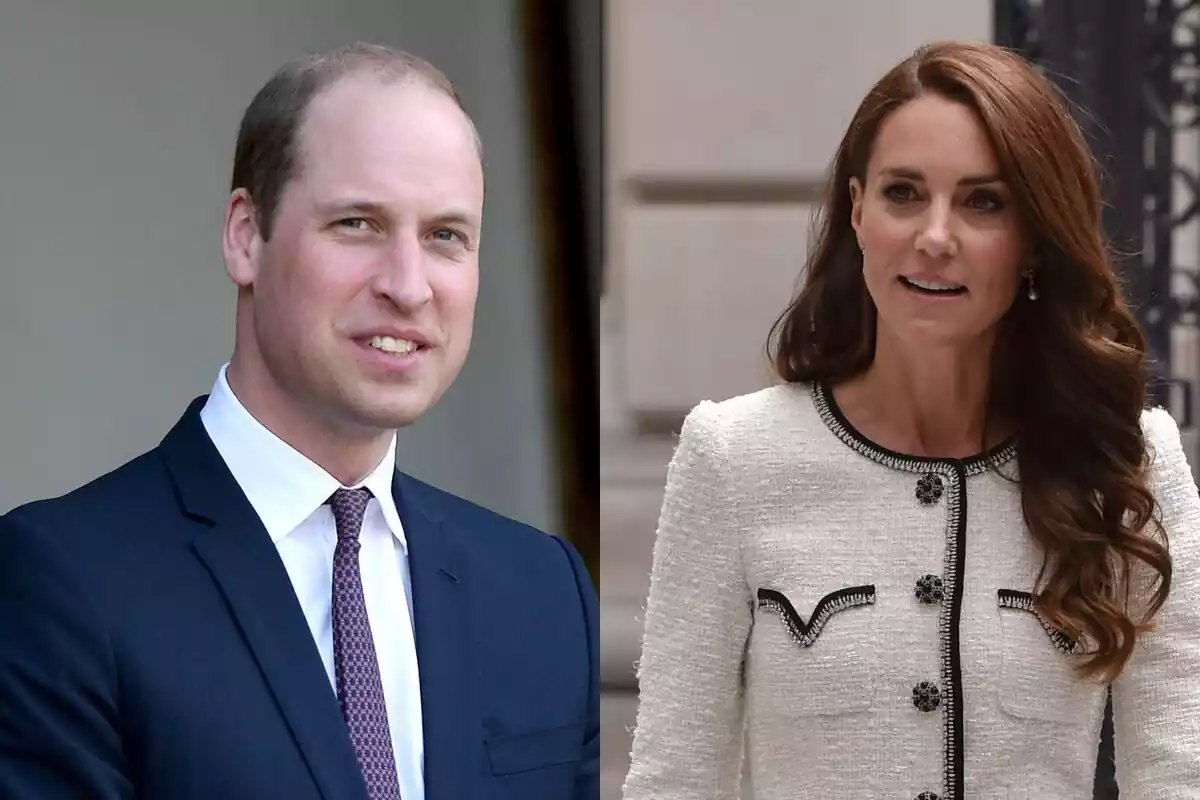
The Duchy of Cornwall under public scrutiny
Another point that has caused controversy is the management of the Duchy of Cornwall, currently in the hands of Prince William. With more than 128,500 acres (52,000 hectares), this group of lands and properties generates millions in income, mainly from property rentals. Upon becoming Prince of Wales, William automatically inherited the title and associated assets.
An investigative report revealed that many of these properties are rented to public entities such as schools and hospitals. In addition, several tenants have reported poor housing conditions: dampness, poor insulation, and risk of energy poverty. These complaints have damaged the Duchy's image.
Although William has promised greater transparency and more ethical management, it still hasn't been released how much he pays in taxes. Last year, he received about £24 million in profits, on which he claims to pay taxes "voluntarily." This lack of clarity has fueled the debate about royal privileges and their true accountability.
